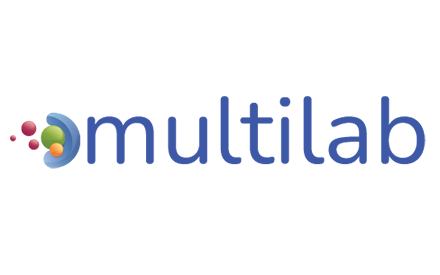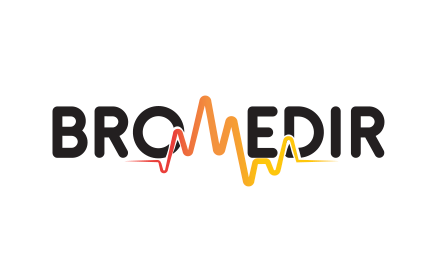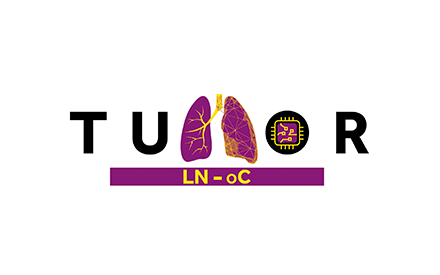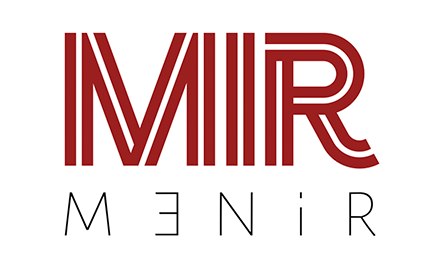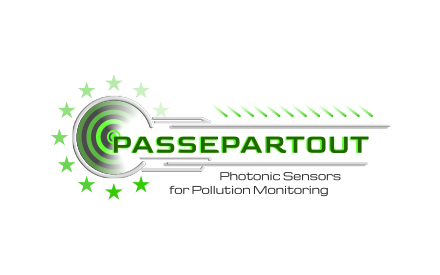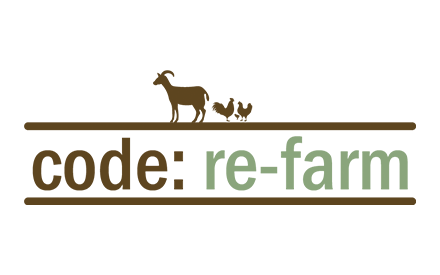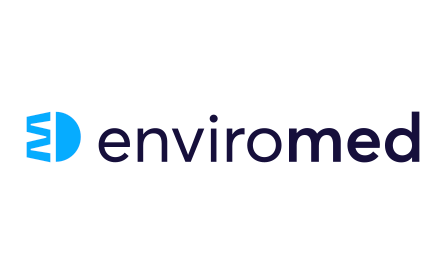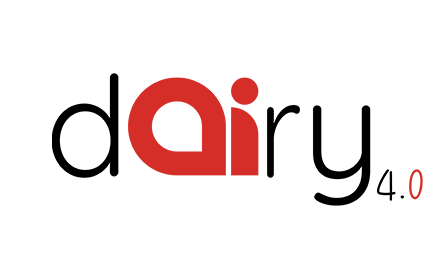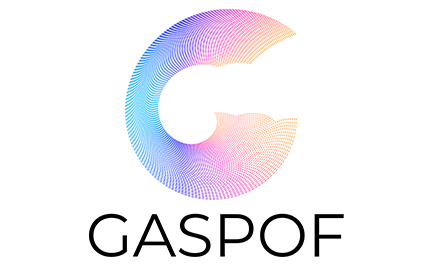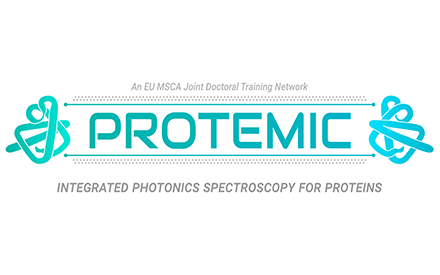European Projects
We are actively involved in research projects funded by the European Union, fostering cross-border collaboration and scientific excellence across Europe.
The agricultural sector has a big challenge: producing more with fewer raw materials and less adverse effects on society, production animals, climate and biodiversity. Optimal use of resource is even more important now, due to the imminent food crisis. Climate-friendly sustainable agriculture, with care for natural resources, is essential for our food production and quality of life, today and for future generations. Automated Milking Systems (AMS) were developed in the late 20th century under the perspective of reducing manual labour & costs and improving quality of life for the farmers. Not only have these machines improved in harvesting milk
efficiently, but they also have the added ability to collect a greater amount of data about production, milk composition, cows health and behaviour. This could allow producers to make more informed management decisions, while in parallel reducing emissions and increasing animal welfare. Nevertheless, currently available AMS have important limitations in terms of optimising their operation. dAIry 4.0 addresses these challenges, integrating and optimising AI, data and robotics solutions to demonstrate how this combination will optimise AMS production aspects and minimise adverse effects on society, climate and biodiversity. The approach will be demonstrated through real-world use cases of interest both for the farming sector and the food industry. In terms of AI tools to be used, the project will focus on the following novelties:
– Developing multimodal learning techniques to efficiently utilize multiple types of information for animal health & overall animal status monitoring
– Developing self-supervised and novel data augmentation techniques to reduce the amount of labelled training data needed
– Exploring novel explainable AI techniques to increase transparency of the system and eventually facilitate acceptance by the users
– Including the farmer in the loop to build the cognitive abilities for the system
Objective 1: Develop a new generation of cost-effective, miniaturized MEMS-FTIR* spectrometers for multi-sensing analysis in liquid and solid phase.
Objective 2: Develop a new generation of cost-effective, miniaturized PTS* spectrometer suitable for ultra-sensitive detection of trace-level markers in small gas volumes.
Objective 3: Develop integrated platforms to achieve beyond-SotA performance for the MEMS-FTIR and PTS spectrometers, through smart approaches, advanced optical configurations and data analytics.
Objective 4: Validation will be performed through comparison of the spectrometers’ performance with reference analytics.
Objective 5: Wide-scale but also audience-specific communication actions to reach all stakeholders and demonstrate the results’ value even beyond the targeted application domains.
The general objective is to generate a Tumor-LN-oC platform that will allow the monitoring of the LN metastasis process, the characterization of signalling ques facilitating LN metastasis and the identification of spectral and molecular signatures in metastasizing cells. This information could lead to novel diagnostic tools and therapeutic approaches. Moreover, the developed platform will serve as a preclinical setting for parallel testing of drugs for individual cancer lung cancer patients.
Using sensitive proteomic and molecular approaches it will characterize the soluble signals that neutralize the immune response and allow tumor cells to metastasize to the LNs and to use them as spring boards for further dissemination. This will enable the use of existing drugs, or the development of new ones that could reverse this process and inhibit tumor growth and dissemination. It will also allow the identification of novel biomarkers characterizing metastatic cells which could also be exploited therapeutically. Moreover, by employing novel imaging approaches, Tumor-LN-oC will generate a spectral “fingerprint” of migrating/metastasizing cells which could be used for diagnostic purposes in tumor and lymph node biopsies.
Photonics-based sensing in the mid-IR been proven to be the key technology for highly efficient sensing in a plethora of applications ranging from environmental monitoring to industrial process control, medical diagnostics, water quality, safety applications, medical
and more. Related to other sensing approaches, mid-IR spectroscopy-based sensing enables the fast, reliable, and consumables/maintenance-free operation for the detection of trace amounts (even in the sub-ppb range) to high concentration of the targeted analytes. The interest in the technology has been significantly increased due to the maturing of the Quantum Cascade Lasers (QCLs).
QCLs offer an up to 2-orders of magnitude enhancement in the signal-to-noise ratio while enabling the direct access to the characteristic molecular fingerprint region of the targeted analytes. M3NIR develops very innovative (currently at TRL2) mid-IR sensing approaches to significantly boost the technology in terms of performance (low limit of detection, multiple-species detection), footprint (co-integrating of lasers and components) reduction of energy consumption and cost. For the latest two, M3NIR implements
detector-free sensing by means of the self-mixing detection scheme. Moreover, the combination of mid-IR and near-IR components in photothermal sensing is yet another approach for the implementation of miniaturised, energy efficient and low-cost advanced
sensory system. To accomplish its goals, M3NIR co-integrates advanced electronics and data processing units in the systems as well.
M3NIR demonstrates its novel approaches at TRL5 for the monitoring of GHG and ships emission (a drone-mounted sensor to be demonstrated), detection of phosphates and nitrates in water and the breath analysis for health and well-being related applications.
PASSEPARTOUT is a research project aiming to develop compact, photonic-based gas analysers for a smart sensing solution to environmental pollution monitoring in urban areas. It combines expertise on lasers, spectroscopy, data analysis, systems integration, environmental testing and drone operations in a Europe-wide consortium involving both academia and industry.
Understanding the key strengths and weaknesses of different farming systems is crucial for sustainable production and quality products. When compared to cattle and pig production, both poultry and goat production systems are more resilient, sustainable and adaptable to change. The EU-funded Code Re-farm project will examine poultry and goat production systems to better understand the links between husbandry systems and determine the intrinsic quality of products along the value chain, from farm to fork. The project’s findings, combined with insights on societal demands and sustainability of production processes, will drive alternative solutions that fit sustainable, consumer-driven businesses.
The medicines that save us could end up harming us if not disposed of properly. Unfortunately, the concentration of pharmaceuticals in waterways is reaching dangerous levels. In this context, the EU-funded ENVIROMED project will narrow the knowledge gap when it comes to the effect of pharmaceutical compounds, and their derivatives, on the environment. ENVIROMED will shed light on the environmental impact of such compounds, throughout their lifecycle. The findings will provide information about the occurrence of pharmaceuticals in the environment, their persistence and environmental fate. The project will also aim to develop a set of technologies that enable greener and overall, more efficient pharmaceutical production.
The agricultural sector has a big challenge: producing more with fewer raw materials and less adverse effects on society, production animals, climate and biodiversity. Optimal use of resource is even more important now, due to the imminent food crisis. Climate-friendly sustainable agriculture, with care for natural resources, is essential for our food production and quality of life, today and for future generations. Automated Milking Systems (AMS) were developed in the late 20th century under the perspective of reducing manual labour & costs and improving quality of life for the farmers. Not only have these machines improved in harvesting milk
efficiently, but they also have the added ability to collect a greater amount of data about production, milk composition, cows health and behavior. This could allow producers to make more informed management decisions, while in parallel reducing emissions and increasing animal welfare. Nevertheless, currently available AMS have important limitations in terms of optimising their operation. dAIry 4.0 addresses these challenges, integrating and optimising AI, data and robotics solutions to demonstrate how this
combination will optimise AMS production aspects and minimise adverse effects on society, climate and biodiversity.
The approach will be demonstrated through real-world use cases of interest both for the farming sector and the food industry. In terms of AI tools to be used, the project will focus on the following novelties:
– Developing multimodal learning techniques to efficiently utilize multiple types of information for animal health & overall animal status monitoring
– Developing self-supervised and novel data augmentation techniques to reduce the amount of labelled training data needed
– Exploring novel explainable AI techniques to increase transparency of the system and eventually facilitate acceptance by the users
– Including the farmer in the loop to build the cognitive abilities for the system
GASPOF explores the integration of advanced optical gas sensing within existing fiber-optic networks. By combining innovative laser-based techniques such as PTS and LHR, the project aims to enable distributed, highly sensitive detection of gases directly along communication fibers. This approach transforms today’s telecom infrastructure into a large-scale, multi-parameter sensing network, capable of monitoring both environmental and physical parameters such as vibrations. GASPOF advances key technologies in optical spectroscopy, addressing current limitations in sensitivity and scalability, and demonstrates their performance through four real-world application cases, paving the way toward the optical infrastructure of the future.
PROTEMIC is a Double Doctorate Training Network uniting Physics, Analytical Chemistry, and Biochemistry to enable in-situ, real-time monitoring of protein structural changes using mid-infrared spectroscopy without labels or reagents. Misfolded or denatured proteins can lead to loss of therapeutic effectiveness, immunogenicity, or reduced shelf life—challenges that current sampling-based methods cannot address. Building on the success of the OPTAPHI network, PROTEMIC integrates metasurfaces and photonic integrated circuits directly into reaction vessels, allowing continuous observation of protein dynamics. This breakthrough approach will enhance the production efficiency of protein-based pharmaceuticals and accelerate drug discovery through scalable, high-throughput protein screening.
Why Funding?
Funding plays an essential role for research groups as it provides resources and support for scientific progress. Our research group is fortunate to receive funding from the European Union (EU), our national funding agencies and industry. This enables us to conduct innovative research in the field of vibrational spectroscopy and recruit, motivated young researchers to work on scientific projects.
